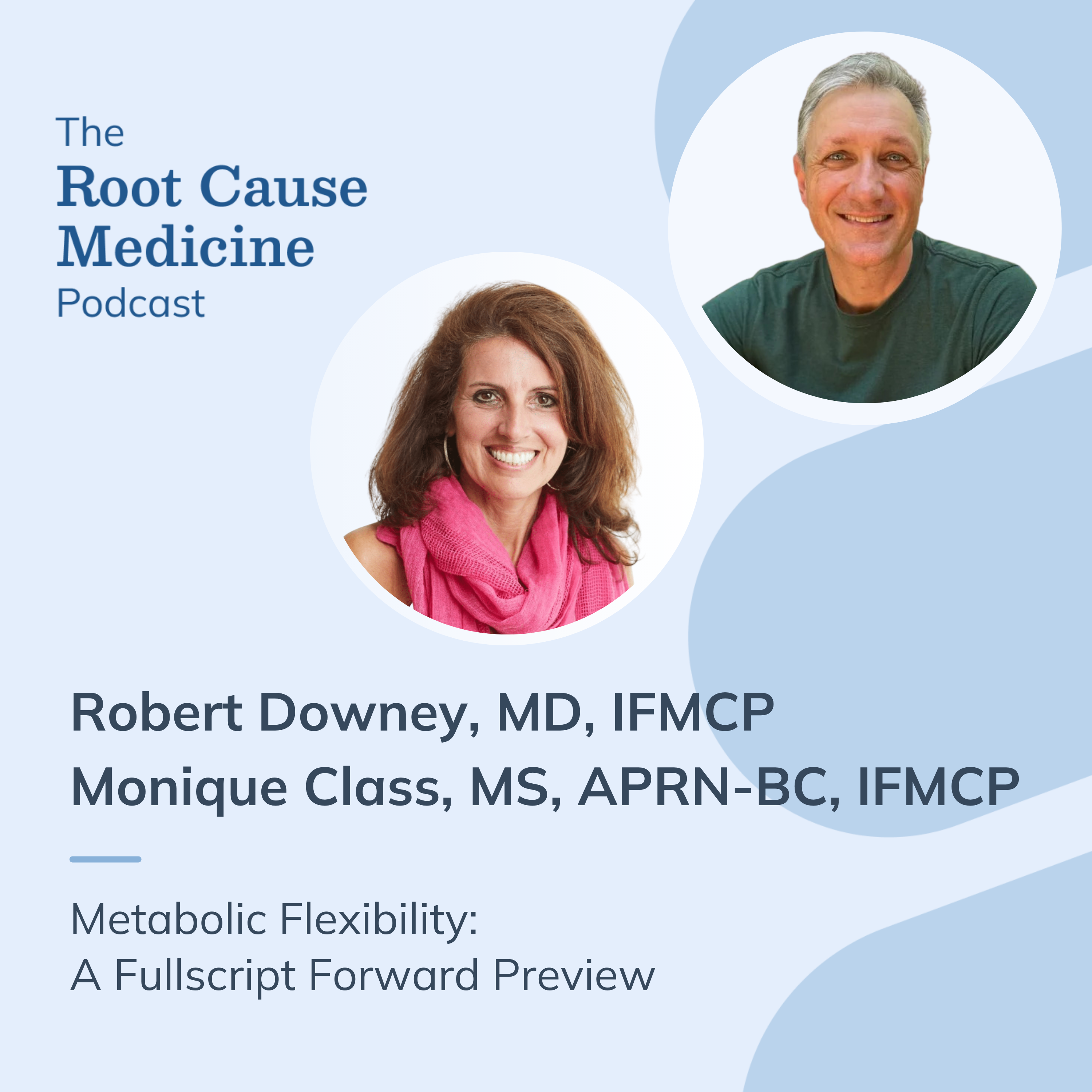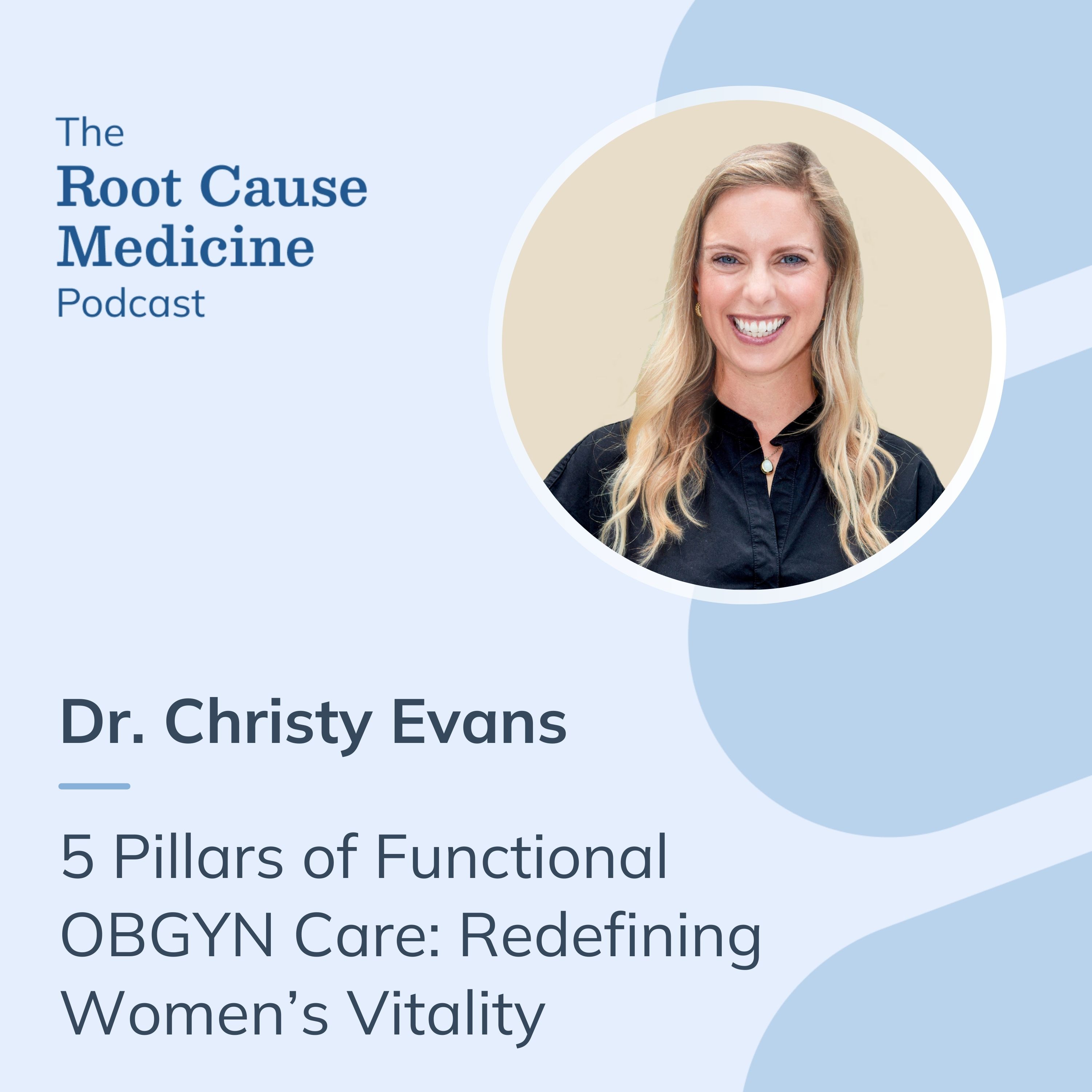Non-steroidal anti-inflammatory drugs (NSAIDs) are widely used anti-inflammatory medications available in over-the-counter and prescription formulations. Their mechanism of action provides them with a broad range of uses and applications.
Within this comprehensive fact sheet on NSAIDs, you will find information to help you understand NSAIDs better and make informed decisions about their usage, safety, and alternatives.
[signup]
What are NSAIDs?
NSAIDs are a class of medications primarily used to help manage fever, relieve pain, and reduce inflammation.
NSAIDs work by inhibiting enzymes called cyclooxygenases (COX), either COX-1, COX-2, or both COX enzymes. COX enzymes produce prostaglandins, which are lipid compounds that promote inflammation, pain, and fever in response to an injury or illness. By blocking COX enzymes, NSAIDs decrease the production of prostaglandins, which may help reduce the inflammatory response and relieve associated symptoms.
There are many common types of NSAIDs:
- Diclofenac
- Ibuprofen
- Naproxen
- Indomethacin
- Aspirin
- Celecoxib
Ibuprofen, naproxen, and indomethacin are non-selective NSAIDs that inhibit both COX-1 and COX-2, making them generally effective against most pain, inflammation, and fever.
In addition to COX inhibition, aspirin also has antiplatelet effects, which may help reduce the risk of clotting. Celecoxib is a selective inhibitor of COX-2. It offers comparable effects as the other NSAIDs but may come with a lower risk of gastrointestinal bleeding. The other NSAIDs have their own unique characteristics and considerations for use.
Uses of NSAIDs

Common Uses:
NSAIDs have a number of common uses:
- Help manage acute pain as a result of injury or illness
- Support chronic pain management as a result of arthritis (both osteoarthritis and rheumatoid arthritis), degenerative joint disease, or other musculoskeletal conditions
- Help lessen inflammation from gout or other inflammatory conditions
- Support relief from dysmenorrhea
- Help reduce acute fever
Less Common Uses:
Of the NSAIDs, aspirin offers unique uses. Aspirin is sometimes used in the primary prevention of cardiovascular events, although this indication is widely debated. Long-term aspirin use (beyond 5 years) has also been studied for its potential to reduce the incidence and mortality of certain types of cancers.
Additional research is needed to determine the optimal dose of treatment and the risk/benefit analyses before promoting it as a universal chemoprotective agent.
Benefits of NSAIDs
NSAIDs are effective in managing many types of pain, including postoperative pain, menstrual cramps, chronic joint and muscle pain, and pain associated with injury. Their anti-inflammatory effects may provide benefits postoperatively, potentially supporting faster recovery.
Following an injury, NSAIDs have been proposed to provide a faster return to function, although the evidence is mixed. In menstrual cramps and dysmenorrhea, NSAIDs inhibit the release of prostaglandins, which are responsible for uterine contractions and associated discomfort.
Chronic joint and muscle pain may be managed with NSAIDs, which can help reduce swelling and inflammation and offer promising long-term relief. In rheumatoid arthritis and osteoarthritis, inflammation within the joints mediates significant pain, and NSAIDs have the best documented pain control for pain caused by inflammation.
Risks and Side Effects
Common Side Effects:
Common less serious side effects of NSAIDs include:
- Gastrointestinal effects: NSAIDs can irritate the lining of the stomach, causing nausea, heartburn, or abdominal pain.
- Elevated blood pressure: Long-term use of NSAIDs can increase blood pressure, most often in patients with existing hypertension
- Increased bleeding risk: NSAIDs can potentiate bleeding risk, which can range from mild to severe
- Allergic reactions: NSAIDs can cause allergic reactions, which most often manifest as skin rashes and irritation
Serious Risks:
More serious risks associated with NSAID use include:
- Gastrointestinal ulcers Can result from mucosal irritation, potentially causing severe gastrointestinal bleeding
- Adverse cardiovascular events: Increased risk of heart attack or stroke may result from high NSAID doses or from long-term use
- Anaphylactic allergic reactions: Rare but potentially adverse effects of NSAID use
- Acute kidney failure - NSAIDs can affect kidney function, potentially leading to severe, permanent kidney damage
At-Risk Populations:
Certain conditions predispose to a higher risk of adverse effects from NSAID use.
- Older patients are at heightened risk due to age-related declines in organ function and increased tissue susceptibility.
- Patients with a known history of gastrointestinal diseases, especially ulcers or gastritis, are more likely to experience NSAID-induced stomach irritation or bleeding.
- Patients with underlying heart conditions, such as heart disease or hypertension, have a higher risk of cardiovascular complications associated with long-term NSAID use.
- Those with kidney dysfunction are at significant risk of worsened kidney disease, so NSAIDs should only rarely be used in these cases.
- The use of multiple medications, such as anticoagulants, corticosteroids, or supplements, along with NSAIDs, is more likely to experience adverse effects, so NSAIDs are contraindicated in patients who are on anticoagulation.
Guidelines for Safe Use of NSAIDs
Dosage and Administration:
When taking NSAIDs, it is necessary to follow the recommended dosage from your healthcare provider or as indicated on the medication label. Do not exceed the recommended dose or take them for longer than prescribed, as this will increase the risk of adverse effects.
NSAIDs should always be taken with food to reduce the risk of gastrointestinal side effects. Be sure to discuss other medications you are taking, and avoid smoking or heavy alcohol use while taking NSAIDs, as this can cause severe side effects.
If any adverse effects occur while taking them, stop the NSAID and discuss your concerns with your healthcare provider. Different medications affect patients differently, so NSAIDs should be part of a personalized treatment plan for the best outcomes.
Duration of Use:
Just as it is necessary to stick to the recommended dosage of NSAIDs, it is also vital to take them only for the duration they are prescribed to reduce potential severe side effects.
- Short-term use of NSAIDs for temporary conditions is generally safer and is associated with fewer adverse effects.
- Prolonged NSAID use increases the risk of gastrointestinal complications, kidney damage, and adverse cardiovascular events. In patients who need to take NSAIDs long-term, regular monitoring is essential to ensure their safety.
Interactions with Other Medications:
NSAIDs are known to interact with other medications, especially anticoagulant medications and corticosteroids.
- Combining NSAIDs with anticoagulants can significantly increase the risk of bleeding, so taking them together is not advised.
- Combining NSAIDs and corticosteroids increases the risk of gastrointestinal irritation, potentially causing ulcers and bleeding.
- NSAIDs may necessitate higher doses of antihypertensive medications for optimal blood pressure control.
Many supplements can also increase bleeding risk, especially in combination with NSAIDs:
- Ginkgo biloba
- Ginseng
- Curcumin and turmeric
- Salicylates
- Milk thistle
- St. John’s wort
However, combining nonselective NSAIDs with curcumin derivatives, which inhibit COX-2, has been shown to provide better pain relief without a significant increase in gastrointestinal side effects. Additional research is necessary to determine if curcumin compounds may decrease the doses of NSAIDs required to deliver adequate pain relief.
Alternatives to NSAIDs
Alternative pharmacologic agents to help manage pain and inflammation include acetaminophen and corticosteroids.
- Acetaminophen does not have anti-inflammatory effects but can provide mild to moderate pain relief with a degree of adverse gastrointestinal effects.
- Corticosteroids are potent anti-inflammatory agents and can be effective for many inflammatory-mediated conditions. However, corticosteroids can cause gastrointestinal bleeding, elevated blood sugar, weight gain, and adrenal dysfunction.
There are many non-pharmacological options to help manage pain, which can be used independently or in combination with medications:
- Anti-inflammatory nutrition
- Supplements
- Physical therapy
- Acupuncture
- Exercise
- Stress management
- Meditation and hypnosis
[signup]
Key Takeaways
- NSAIDs have a wide variety of uses, most commonly to help manage fever, relieve pain, and reduce inflammation.
- Their anti-inflammatory properties make them applicable to many medical conditions.
- However, they are not without risk and should be used only for the recommended duration and in the prescribed dosage to minimize occurrences of adverse effects.
- Applying other complementary treatments with the use of NSAIDs can enhance their efficacy without increasing associated side effects.
- Following a personalized plan for each patient can help promote safety and optimal health outcomes.












%201.svg)







